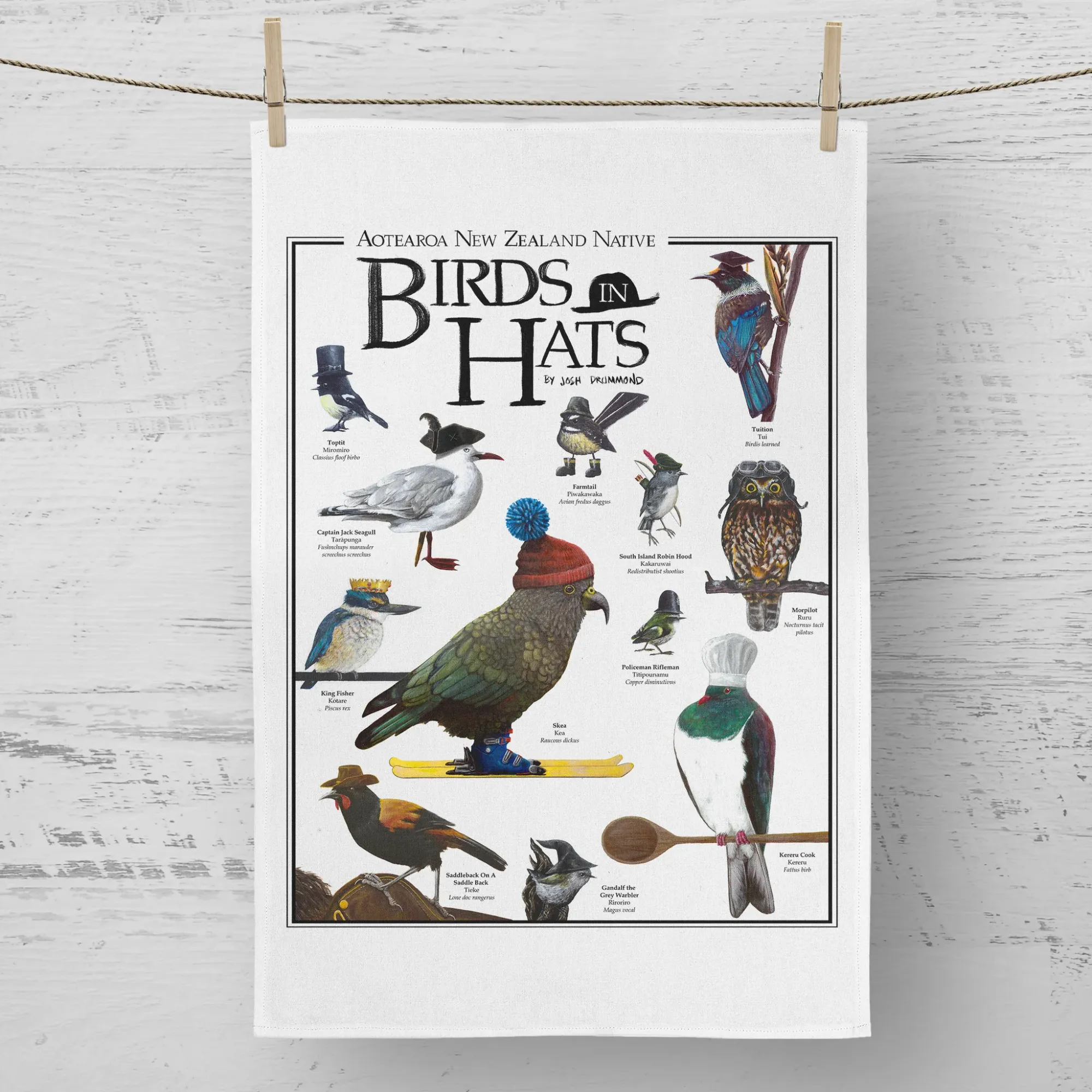Making The Link
All the self-improvement news that's fit to link

While I'm working on a bigger piece, I figured I'd write up some self-improvement links I thought were worth collecting. I haven't done this before so I'm not sure if it's a good idea. Do you like this sort of thing? Do you want to submit a link for a future newsletter? Let me know in the comments.
But you should probably read the newsletter first.
Blue zones might not be real
Heard of "blue zones?" You probably have: there are many articles, multiple books, TV docos, and a Netflix show. The idea is simple: that in areas where people mostly eat simple, reasonably nutritious food, walk around, and have a good sense of community, longevity follows. Good ol' small-town country livin', in other words. Now a (preprint) scientific paper throws the whole premise in doubt. It's one of those excellent scientific reports that's summed up neatly in the headline: "Supercentenarian and remarkable age records exhibit patterns indicative of clerical errors and pension fraud." Yup: Blue Zones look to be either people forgetting how old they are, or "forgetting" how old they are.
Caution is warranted. It's a preprint, for one thing, and for another it would be a mistake to throw out the "eating well, enjoying community, and taking active transport" baby with the "extraordinary claims of longevity require extraordinary proof" bathwater. But if Occam's Razor holds, as it so often does, it looks like we'll be able to replace the blue zone concept with a bunch of actual old frauds.

Love languages definitely aren't real
As reported by New Zealand Geographic, my favourite magazine and one to which I wholly recommend subscribing, love languages are bunk. First described in 1992 by Baptist pastor Gary Chapman, the "five love languages" are familiar to self-help aficionados and anyone who's ever fallen foul of a certain kind of social media algorithm: physical touch, words of affirmation, acts of service, quality time, and receiving gifts. So far, so good: that's a list of things that nearly everyone likes. But it gets more complicated! Everybody supposedly has a primary and a secondary love language, and to love your partner efficiently, you must learn to speak their love language.

Not so, Impett et al argue, in an paper that manages to be delightfully tactful while destroying love languages with facts and logic:
Despite the popularity of Chapman’s book The 5 Love Languages, there is a paucity of empirical work on love languages, and collectively, it does not provide strong empirical support for the book’s three central assumptions that (a) each person has a preferred love language, (b) there are five love languages, and (c) couples are more satisfied when partners speak one another’s preferred language
This is bound to annoy people whose love language is being annoyed when their favourite bit of bunkum gets munted by science. "But my love language is gifts, and I know it, because I really like getting gifts." OK! I don't really think it matters that much if people are using "love languages" as a shorthand or excuse for doing nice things for each other, just as I'm not overly fussed by people who take astrology slightly seriously. There's plenty of potential harm for people who go too hard on it – for instance, anyone who says they'd "never date a Virgo" is dismissing one twelfth of the human population for no good reason, and anyone who takes love languages too seriously is potentially depriving themselves of, well, love. But using it to get more pressies or hugs? Sure, why not. Go for your life. The authors seem to get it:
We offer an alternative metaphor that we believe more accurately reflects a large body of empirical research on relationships: Love is not akin to a language one needs to learn to speak but can be more appropriately understood as a balanced diet in which people need a full range of essential nutrients to cultivate lasting love.
Lovely. Go read the whole paper, it's very accessible to laypeople and (to me and possibly no-one else) very funny in the its methodical, wholesale destruction of love languages.

Holy scientific method, Batman
New research just dropped about how science can inspire spiritual feelings and it's about goddamn time.
This... suggests that spirituality of science reflects a unique attitude toward science that is not captured by belief or interest in science, but which is characterized by its unique associations with awe and spirituality.
Sure, it's just a survey, but I like that someone out there is looking at this stuff, as I've been fascinated by the idea of scientific spirituality since I read Carl Sagan's The Demon-Haunted World and Pale Blue Dot. This, in particular, resonated:
Science is not only compatible with spirituality; it is a profound source of spirituality. When we recognize our place in an immensity of light‐years and in the passage of ages, when we grasp the intricacy, beauty, and subtlety of life, then that soaring feeling, that sense of elation and humility combined, is surely spiritual... A religion old or new, that stressed the magnificence of the universe as revealed by modern science, might be able to draw forth reserves of reverence and awe hardly tapped by the conventional faiths. Sooner or later such a religion will emerge.
That does sound nice! But don't think about it too hard, or you might find yourself beset (as I am) by a blizzard of cognitive dissonance where I imagine scientists presenting a paper in an attempt to inspire a congregation to feel the numinous as a janky band plays milquetoast rock and people sing whilst clapping out of time or waving their arms vaguely. To make it worse, I have rewritten my favourite Pentecostal worship song, Our God Is An Awesome God, which – I can't stress enough – is real. (Please click that link, if only for the ~2 minute drum intro.)
Josh's version:
Auroras: a phenomenon
They cause oxygen
To emit red photons
Oh, forbidden transition!
I'm sorry about all that. Let's forget science for a bit, and draw from the reliable well of hokum and witchcraft:
How to use chickens to cure cat allergies
DID YOU KNOW: if you have cat allergies, a cure is simple! First, acquire some chickens. Encourage your cat to make friends of the chickens, or at the very least, make sure their boundaries overlap significantly. Care well for the chickens and give them a comfortable home, so they produce eggs. Then, feed some of the eggs to your cat. Bam, your cat allergy is gone!
Nonsense, right? Well, what if I told you that it's all true?
It is. There's a protein in cat saliva called "Fel d1" that's responsible for most feline allergies. Because cats groom themselves with their tongues, the protein gets everywhere the cat goes, and that's why your allergic brother starts sneezing the moment he enters your house. Chickens will produce antibodies to allergens they encounter in their environment, and these antibodies are passed into the yolks of their eggs, for the good of their young. So if you make sure your cat and chickens share an environment, and feed these yolks to your cat, the chicken antibody will nix the cat allergen. This incredible paper has the details. I've been meaning to get chickens, and I think this clinches it. (On the other hand, bird flu.)

Birmingham
I've been a big fan of the Brisbane-based writer John Birmingham for a very long time, ever since I discovered his work via (this is telling on myself a lot) the long-defunct Australian "lad's mag" Ralph. He's probably best known as the author of He Died With A Felafel In His Hand, which has long resonated with me, as someone who had his share of horrific flatmates and revolting flats.
He's still writing – he turns out enjoyably sweary, explosion-heavy sci-fi, and, like me, punishes himself by writing two newsletters despite being in the grip of the dead hand of procrastination. For Alien Side Boob, the best-named newsletter on Substack, he's written two bangers. The first is on modern loneliness; he suggests that the title should have been "It's The Phones, Stupid."
As I grow older, I find that I have to put more effort into reaching out. Because, of course, I do. The things that make friendship and connection so easy when we’re young, time and proximity, work against us as the years pile on. With children and careers, time becomes short. The friends we held close in our teens and twenties might well scatter to the far side of the world in their thirties and beyond. It seems as if we’ll never have that easy confluence of time and presence until, of course… we do. Because the seasons of work and parenthood also pass.

It's a timely read. I was in the grip of the usual low-grade Sadness that makes worthwhile work so hard and solipsistic scrolling so easy when I found the impetus to keep tapping away at this newsletter, and Birmingham's most recent piece played a big part in that.
Focusing on goals, like winning a race or a game—or writing a book, or losing weight, or fixing the sliding door to the guest room that the stupid dog knocked off the runners during a thunderstorm a couple of years ago and which has been hanging there mocking you and your lack of home handyman skills ever since—focusing on those end goals is only likely to remind you that you haven’t fixed the fucking door and you don’t even know how to start and you are a worthless excuse for a man so why even bother.
Focussing on process, though? That’s the money shot.
For me, these days, that means two things. Writing stuff and staying well.
The process is "simple but hard," which – in my growing experience of self-help stuff – bodes well.
I turn up at my desk every day at about the same time. I make a list of three things I have to work on, but I understand I may not get to the third, and that’s fine. I quickly check in with a writing buddy on the other side of the world, a guy who’s usually just sitting down to his evening writing session as I begin my day. We tell each other what we’re writing. Then, I meditate for ten minutes. When that is done, I turn on my timer, set it to fifty minutes, and start to write. When the timer goes off, I tick a box on my three-item to-do list. I set another timer. Ten minutes. I do some stretches. I might lift some weights or hit the punching bag. The timer goes off, and it’s back to the desk for another fifty.
I liked it so much that I'm copying it. A big chunk of this newsletter was written by the fairly simple expedient of setting a timer for 50 minutes and not doing anything else until it went "ding." Of course, I've tried this sort of thing before, and it works, but I've often fallen off it because something fools me into thinking that I'll find some other method that doesn't require that first, gut-wrenching lurch into action. Accepting that sudden twist of fear has been the only thing that ever gets me doing anything worthwhile. It's simple, but hard – and worth it.
The full newsletter is here and well worth reading. Content warning: it contains mentions of weight loss, but mostly in a "forgetting about weight and focusing on getting strong" way that I think is a net positive.

The products and services that support this newsletter
Hey! You know how I think that self-improvement content should be free, and so I make my newsletter aggressively free? Unfortunately I keep suffering from this nagging need to feed my family and pay the mortgage, and to that end I think I should probably try to make my tiny art-merchandise business something more than an annual tax liability. To that end, here is a tea-towel, designed by me, and printed right here in New Zealand. Do buy it.

A towel for teas, feat. Birds in Hats
Do you have teas that need towelling? Are you after a piece of display art that folds away neatly in a drawer? Or do you merely wish that more tiny hats came with accompanying birds? Manifest those desires simultaneously in your own home by simply buying these tea-towels I made that are currently sitting in a box and not towelling anything.
That's it for today. I have high hopes that my new "do work instead of fucking around" method produces measurable results. I suppose we'll find out together! To that end, here's that large blue comment button again.
Because you have been patient, and you're worth it, here is Pango the kitten.







